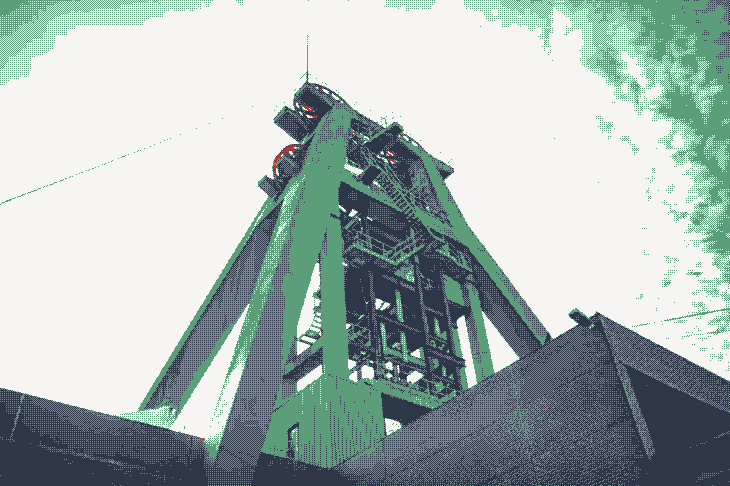
Before Ruins foregrounds the specificity of cases. STS—and stsing e.V.—aims to foster co-laborations (e.g. Niewöhner & Hetzel, 2025) between researchers, politicians, NGOs, archivists, museums, public servants, companies, practitioners, and other actors. The conference serves as a platform to engage with concrete matters of concern. It is designed to situate STS research explicitly within practical contexts, enabling participants to demonstrate the relevance of their research by putting it into action through specific cases rooted in the Ruhr Area. Rather than solely presenting abstract ideas in seminar rooms, detached from their contexts, participants will actively engage with real-world issues.
The concept of cases is central to the conference. Cases here refer to specific situations, problems, or sites that are rich in detail and complexity, such as abandoned industrial areas, ongoing remediation projects, contested infrastructure developments, or cybersecurity centres and SmartCity projects. Each case provides an opportunity for collective inquiry and learning from situated knowledge and local experts.
The approach to cases at the conference is flexible and varied. Participants can engage in suggested deep, site-specific explorations. Alternatively, they may propose their own empirical studies, linking diverse sites or issues through comparative or relational analyses—for example, examining industrial waste management practices across multiple locations or exploring community responses to environmental pollution.
Why here?
We see the case-format as a possibility to situate STS research and exercise our communities ability to practice critical proximity (Latour 2004). In 2026, this will take place in the Ruhr Valley, next time, maybe somewhere else. Your research may not be about the Ruhr area, but what happens if you think – and do – it through the area, through issues unfolding and rooted in this particular place of post-industrialism and before ruins?
How to think through a case?
At conferences, participants often come together in pre-organised sessions or panels. In contrast, the second day of the conference, 26 March 2026, will be allocated in the program to engage with cases, i.e. with specific and situated matters of concern. The case organisers will have set the topic by responding to a call for cases, and preferably involve participants across the boundaries of STS and academia. Those signing up for the case will work together to answer a specific question.
Cases will allow participants to bring in their own research, learn from the work with the case, and through the discussion of the other participants’ research. STS scholars tend to be good at thinking across cases. Each case group makes a visualisation of the case work (say, a poster, an object, ...) which is displayed to other conference participants after the case day. There will be no PowerPoint Marathon, you are safe.
The exchange and the cases need not to be temporally limited to the conference. Organisers and participants may meet up prior to the conference (e.g., online) to prepare the case work – they can read (each others’) texts together or do other preparatory work. We encourage you to do so. Of course, the collaboration can continue after the conference as well.
References
- Latour, B. (2004). Why Has Critique Run out of Steam? From Matters of Fact to Matters of Concern. Critical Inquiry, 30(2), 225–248. doi.org/10.1086/421123
- Niewöhner, J., Hetzel, D. (2025). Ethnographisches Zusammenarbeiten. In: Eitel, K., Wergin, C. (eds) Handbuch Umweltethnologie. Springer VS, Wiesbaden. https://doi.org/10.1007/978-3-658-45341-1_5